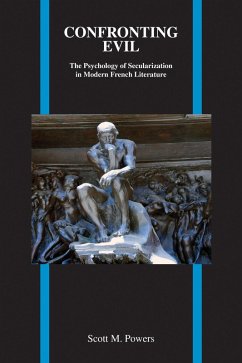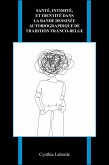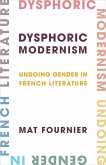Confronting Evil: The Psychology of Secularization in Modern French Literature holds that the concept of evil is central to the psychology of secularism. Drawing on notions of secularization as a phenomenon of ambivalence or dualism in which religion continues to exist alongside secularity in exerting influence on modern French thought, author Scott M. Powers enlists psychoanalytic theory on mourning and sublimation, the philosophical concept of the sublime, Charles Taylor's theory of religious and secular "cross-pressures," and William James's psychology of conversion to account for the survival of religious themes in Baudelaire, Zola, Huysmans, and Céline. For Powers, Baudelaire's prose poems, Zola's experimental novels, and Huysmans's and Céline's early narratives attempt to account for evil by redefining the traditionally religious concept along secular lines. However, when unmitigated by the mechanisms of irony and sublimation, secular confrontation with the dark and seemingly absurd dimension of man leads modern writers such as Huysmans and Céline, paradoxically, to embrace a religious or quasi-religious understanding of good and evil. In the end, Powers finds that how authors cope with the reality of suffering and human wickedness has a direct bearing on the ability to sustain a secular vision.
Dieser Download kann aus rechtlichen Gründen nur mit Rechnungsadresse in A, D ausgeliefert werden.









